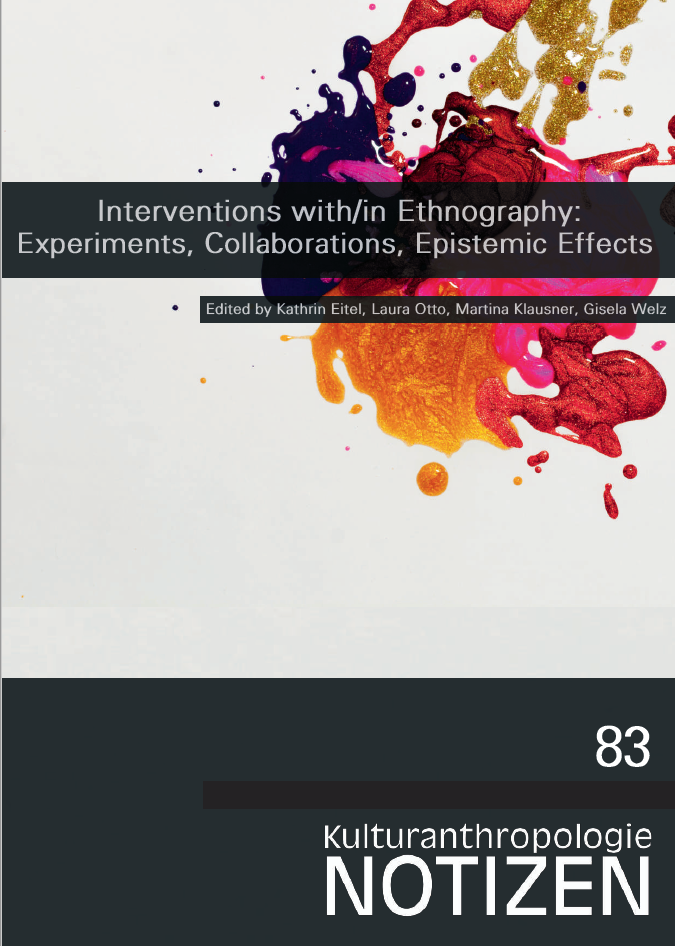A Fuzzy Embeddedness
The Ethnography of Corporate Social Responsibility in the Extractive Industries
DOI:
https://doi.org/10.21248/ka-notizen.83.5Keywords:
Corporate Social Responsibility (CSR), extractive industries, indigenous groups, ethnography of corporations, CerrejónAbstract
Corporate Social Responsibility (CSR) in the extractive industries is a relatively new but growing topic for anthropology. To study CSR, anthropologists often conduct ethnography in corporations, which provides a unique perspective to discern the functioning of corporate power, company–community relations, and the mainstream discourses of global governance. However, ethnography in corporations requires further reflexivity about the anthropologist’s positionality and what it can tell us about the functioning of CSR. I build on my experience conducting an ethnography of the Cerrejón mine in Colombia, one of the biggest in the world, and a dialogue
with other anthropologists’ methodological and theoretical reflections about CSR. I elaborate on the conceptualization of ethnographers’ work in corporations as fuzzy embeddedness, to explore the temporary, ambiguous, and often unacknowledged ways in which the ethnographer is immersed in corporate logics, and becomes part of the hierarchies and power relations that corporations enact in the extractive territories. The article develops two main arguments. First, mining corporations see ethnographers as stakeholders in their performance of transparency, therefore turning the relation into an enactment of CSR. Second, empathizing with corporate officials is a productive avenue to understand the functioning and reproduction of CSR. Through the text, I present some methodological considerations and hints about the overall functioning of CSR.
Downloads
Published
How to Cite
Issue
Section
License
Copyright (c) 2021 Kulturanthropologie Notizen

This work is licensed under a Creative Commons Attribution-NonCommercial-ShareAlike 4.0 International License.




